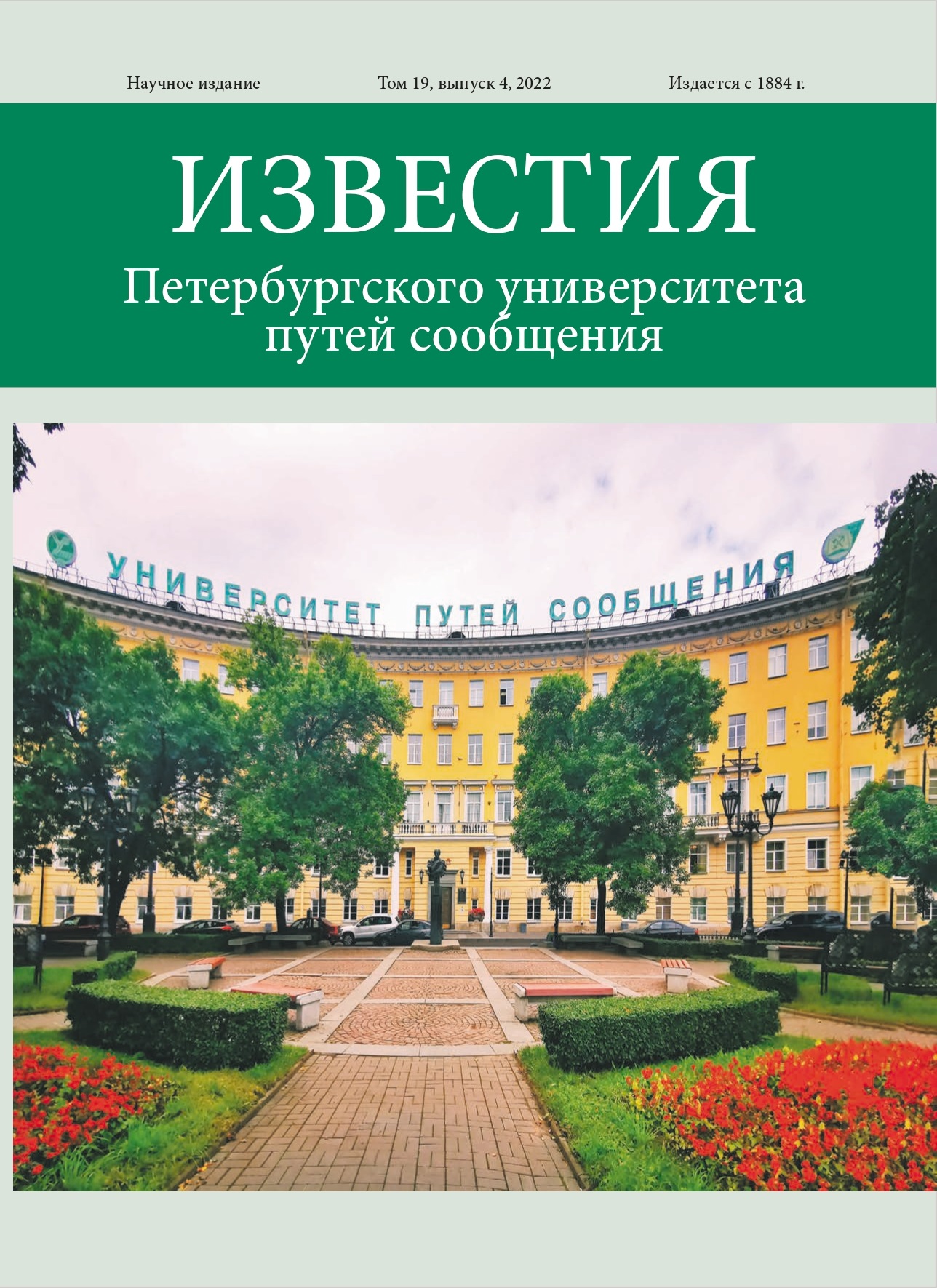Russian Federation
Purpose: To consider the problem of favorable information environment provision in public transport, to pursue the analysis of the results of opinion poll. organized by various subjects of social monitoring. To analyze the proposed initiatives in the field of solving the issues of rules regulation on passenger behavior on the use of audio and video broadcasting devices in public transport, including the issues related to the use of ndividualization means of media signal consumption - headphones. Methods: Content analysis of the texts, placed in publicly available sources, of proposed initiatives to solve the problem on the regulation of public relations in this sphere, as well as of the arguments of supporters and opponents of such initiatives. The secondary analysis of public opinion poll results. Results: For the first time, there is formulated the ecological level of the problem of media noise pollution of informational environment of public transport, and integrated approach to settle it via means, methods and hygienic regulation principles application is proposed, as well as there’s formulated the usage of all of the potential of informal social monitoring, including the advocacy of media consumption healthy way, of social advertisements, aimed at the formation of inner belief and behavior ethical principles in public transport. Practical significance: Provision principles for favorable informational environment as the most important task of public administration in the sphere of handling public relations in public transport have been developed. The insufficiency of regulation of audio and video signal broadcasting practices in public spaces, preconditioning their negative impact on human health and well-being, is shown. The ways to settle this problem are proposed with the help of standardization and rationing of the functioning of physical quantities, which are the subject for measurement, namely, of informational signal effects and parameters.
Informational ecology, media noise, informational hygiene, public transport, passenger rights
1. Erisman F. F. Kratkiy uchebnik po gigiene / F. F. Erisman. - M.: A. A. Karcev, 1912. - 524 s.
2. Eremin A. L. Informacionnaya ekologiya / A. L. Eremin // Mezhdunarodnyy zhurnal Ekologicheskie issledovaniya - 1998. - T. 54. - S. 241-253.
3. Nekipelova O. O. Srochnaya adaptaciya k shumu i ee vliyanie na intellektual'nuyu rabotosposobnost' cheloveka / O. O. Nekipelova, M. N. Nekipelov, T.I. Shishelova // Sovremennye naukoemkie tehnologii. - 2005. - № 2. - S. 27-28.
4. Polyanina A. K. Upravlenie informacionnoy bezopasnost'yu detey: teoriya i praktika / A. K. Polyanina. - Nizhniy Novgorod: NNGU, 2021. - 285 s.
5. Eksperty poprosili Mintrans izmenit' pravila perevozki passazhirov // RIA Novosti. - URL: https://ria.ru/20200219/1564951139.html (data obrascheniya: 09.08.2022).
6. Ob'edinenie passazhirov otvetilo na ideyu ob ispol'zovanii naushnikov (2020) // RIA Novosti. - URL: https://ria.ru/20200219/1564978058.html (data obrascheniya: 09.08.2022).
7. Nuzhny li «vagony tishiny» v poezdah MCK? (2020) // Aktivnyy grazhdanin. - URL: https://ag.mos.ru/poll/6631 (data obrascheniya: 09.08.2022).
8. Mironov D. F. Informacionnyy shum i obrazovatel'nyy process / D. F. Mironov // Vestnik Sankt-Peterb. gos. un-ta kul'tury i iskusstv. - 2015. - № 4. - S. 24-30.









